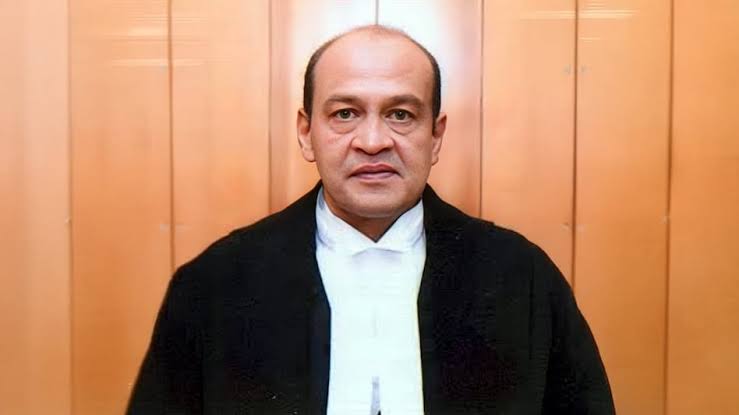With the matter now before the government, the case could trigger the rare impeachment process against a sitting High Court judge, requiring a two-thirds majority in both Houses of Parliament
Published May 09, 2025 | 12:01 AM ⚊ Updated May 09, 2025 | 12:48 AM

Justice Yashwant Varma refuses to resign despite indictment by in-house committee
Synopsis: Justice Yashwant Varma has refused to resign despite being indicted by a Supreme Court in-house committee over unaccounted cash found at his residence. Chief Justice Sanjiv Khanna has forwarded the report and Varma’s response to the President and Prime Minister, paving the way for possible impeachment under the judiciary’s internal protocol for handling misconduct by sitting judges
Justice Yashwant Varma has refused to resign from his position as a High Court judge despite an indictment by a Supreme Court-appointed in-house committee that investigated the discovery of unaccounted cash at his official residence in Delhi.
His refusal sets the stage for potential impeachment proceedings.
Chief Justice of India (CJI) Sanjiv Khanna, after receiving the inquiry panel’s report, asked Justice Varma to step down voluntarily.
However, with the judge declining to do so, the CJI has now formally forwarded the committee’s findings — along with Justice Varma’s response — to the President of India and the Prime Minister.
This step follows the established in-house procedure for judicial accountability. Under this protocol, if a judge does not resign despite adverse findings by a disciplinary committee, the matter is escalated to the executive branch to consider initiating removal proceedings through Parliament.
With the matter now in the hands of the government, it could lead to the rare step of a sitting High Court judge facing impeachment — a process requiring approval by a two-thirds majority in both Houses of Parliament.
The in-house committee was formed following a fire incident on the night of 14 March at Justice Varma’s official residence in Delhi.
Emergency responders who arrived at the scene allegedly discovered a significant quantity of cash in a storeroom. Videos showing bundles of charred currency notes began circulating on social media, prompting widespread speculation and accusations of corruption.
In response, on 22 March, the CJI set up a three-member inquiry panel comprising Chief Justice Sheel Nagu (Punjab and Haryana High Court), Chief Justice GS Sandhawalia (Himachal Pradesh High Court), and Justice Anu Sivaraman (Karnataka High Court).
The committee’s report, now submitted to the CJI, includes a detailed chronology of the March 14–15 fire incident, identifying individuals present during the emergency and documenting the sequence of events that led to the discovery of cash.
The panel interviewed Justice Varma, his domestic staff, Delhi Fire Service officials, police personnel, and court administrators, including the Delhi High Court Registrar.
While the inquiry committee’s mandate was fact-finding and its conclusions are not legally binding, the report forms a crucial part of the record for determining future action.
Justice Varma, meanwhile, has maintained his position and continued his judicial duties. In the midst of the inquiry, he was transferred to the Allahabad High Court — a move that the Supreme Court clarified was purely administrative and not linked to the ongoing probe.
While the Indian judiciary has occasionally witnessed controversies surrounding sitting judges, instances of impeachment proceedings are exceptionally rare.
The process, if initiated, would involve a motion being introduced in either House, a thorough investigation, and the eventual support of a two-thirds majority in both the Lok Sabha and Rajya Sabha.
(Edited by Ananya Rao)
